950+
Organizations use Psylaris products
7500+
Therapists use our software worldwide
100.000+
Completed sessions with our applications
We live in a society where everything is about performance. Whether it's performing better at work or which (better) brand of jeans you're wearing, many people want to be inferior to each other. This puts a certain pressure on people. If you then feel you cannot perform adequately or do not meet expectations, you have failed. Losing grip in society happens to more and more people. This is already serious, but you can also lose your grip if you have experienced a trauma .
Losing grip may not always be tangible. What are you losing your grip of? People are control freaks. We want to control everything. Some people have a stronger tendency to control than others, and that is when you are even more at risk. If you lose control over a certain situation, you feel ashamed and it feels like you have failed. For the real control freaks, the blow is harder than for those who are more relaxed in life.

You can be a control freak by nature and want to control your whole life. You can be one even if this is not your nature. If you have been through a traumatic experience, you can go from being a free soul to being a control freak. This applies to people who are unable to process the trauma. This eventually leads to post-traumatic stress disorder (PTSD). The most important characteristic of PTSD is that you try with all your might to avoid any situation that reminds you of the trauma. This is a form of anxious control seeking and in this many people with PTSD go very far. Ultimately this sometimes means social isolation. It seems to yourself that you have enough control, but actually you have completely lost your grip on life.
Losing grip on a certain situation or on life itself can have a great impact on daily life. The fact that you think you have failed does not do your self-confidence any good. This can make you even more insecure and, especially if you have PTSD, new feelings, fears or phobias can arise. In order to avoid new disappointments, you develop avoidance behaviour and this in turn leads to loneliness and social isolation.

To regain control, you can seek help. If you have lost control because you are very insecure, an assertiveness course can help. If you have lost your grip because of an unresolved trauma, it is important to process the trauma. EMDR therapy is a good example of this. EMDR in principle, does not focus on regaining control, but on the underlying cause, namely the unprocessed trauma. By processing the trauma with EMDR, you automatically regain a grip on life.
The intention behind EMDR is that at the moment you relive the trauma in the treatment room, you are distracted by the therapist. Usually this is done by a hand gesture of the therapist, but you can also get headphones on and be distracted by sound signals. The fact that you are distracted while thinking about the trauma, makes sure that after repeating this a few times, you can easily recall the trauma. The trauma is given a place and the emotional charge is less. You no longer need to avoid situations convulsively or to keep control, because thinking back to the trauma has less impact.
EMDR-remote includes a complete online platform, which allows the practitioner to treat the patient remotely. Various distraction techniques can be used, so that physical distraction with the hands is not necessary. A patient who is so traumatised that he/she cannot leave the house can easily be treated from home. There is an option for online calling and the platform stores data securely.
Psylaris Care is a pair of Virtual Reality glasses. With this, Psylaris is entering the market for the future. With VR glasses, you have even more possibilities as a therapist. The patient can take the glasses home, increasing the frequency of sessions. There are various modules available for the VR glasses, including trauma treatment.
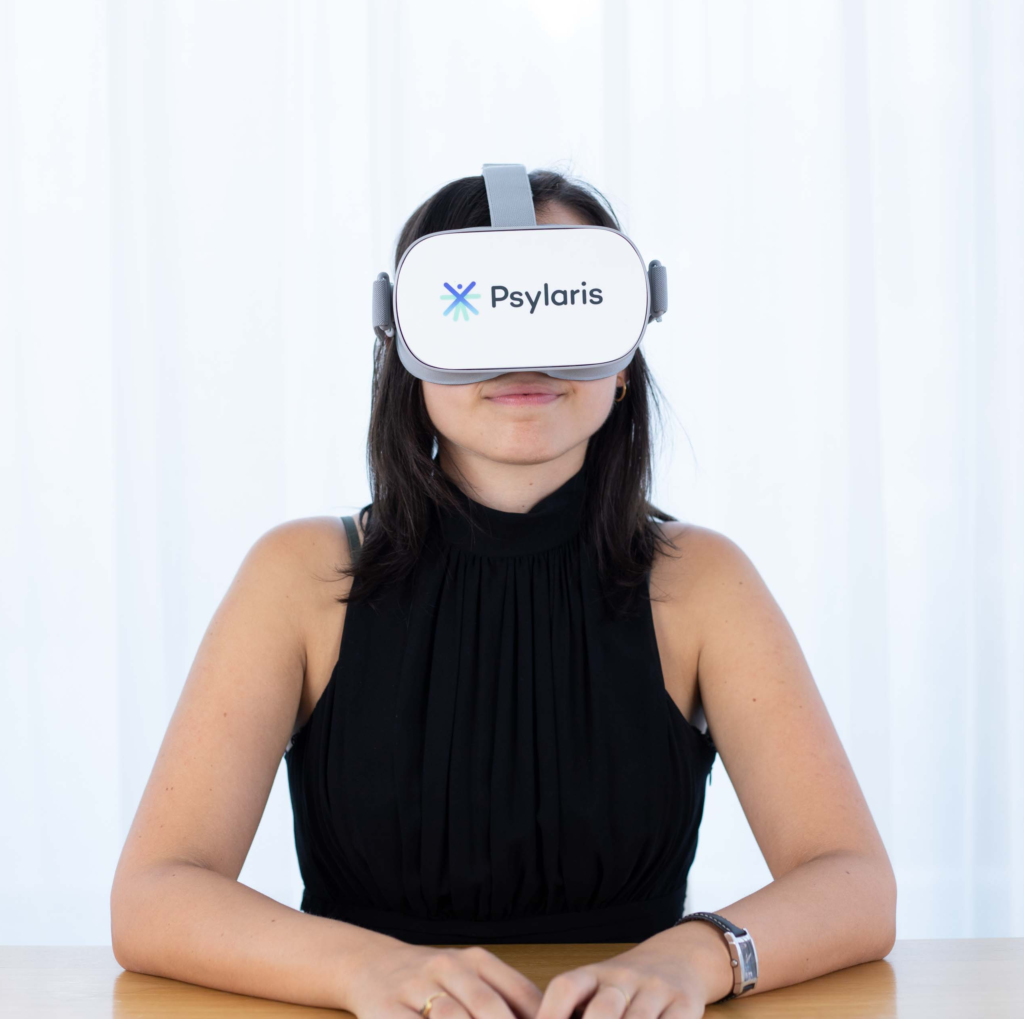
As a developer of modern methods and tools in mental healthcare, Psylaris has also made EMDR easy with modern techniques. Virtual reality, for example, plays an increasingly important role in the mental healthcare sector. With EMDR-VR and EMDR-plus, Psylaris has developed a VR-module. The module can easily be used by the practitioner and has many distraction possibilities. The client gets a more intense distraction than during a regular treatment. The VR glasses can be used both at home and in the treatment room. This makes both the practitioner and the client more flexible.
If the client is unable to come to the treatment centre, Psylaris uses EMDR-remote to make it possible to receive EMDR treatment at home. EMDR-remote is the online EMDR platform of Psylaris, where the practitioner and the client can conduct an EMDR session via video calling. Again, the practitioner has many possibilities to distract and the client, who is chained to the house, is still being treated.
We believe with the combination of intelligent software and qualified therapists we can develop a system in which everyone, anytime and anywhere has direct access to efficient and affordable psychological care.
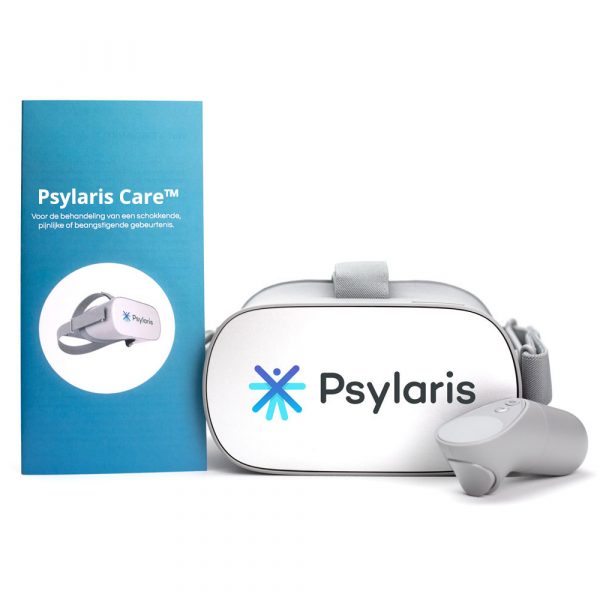
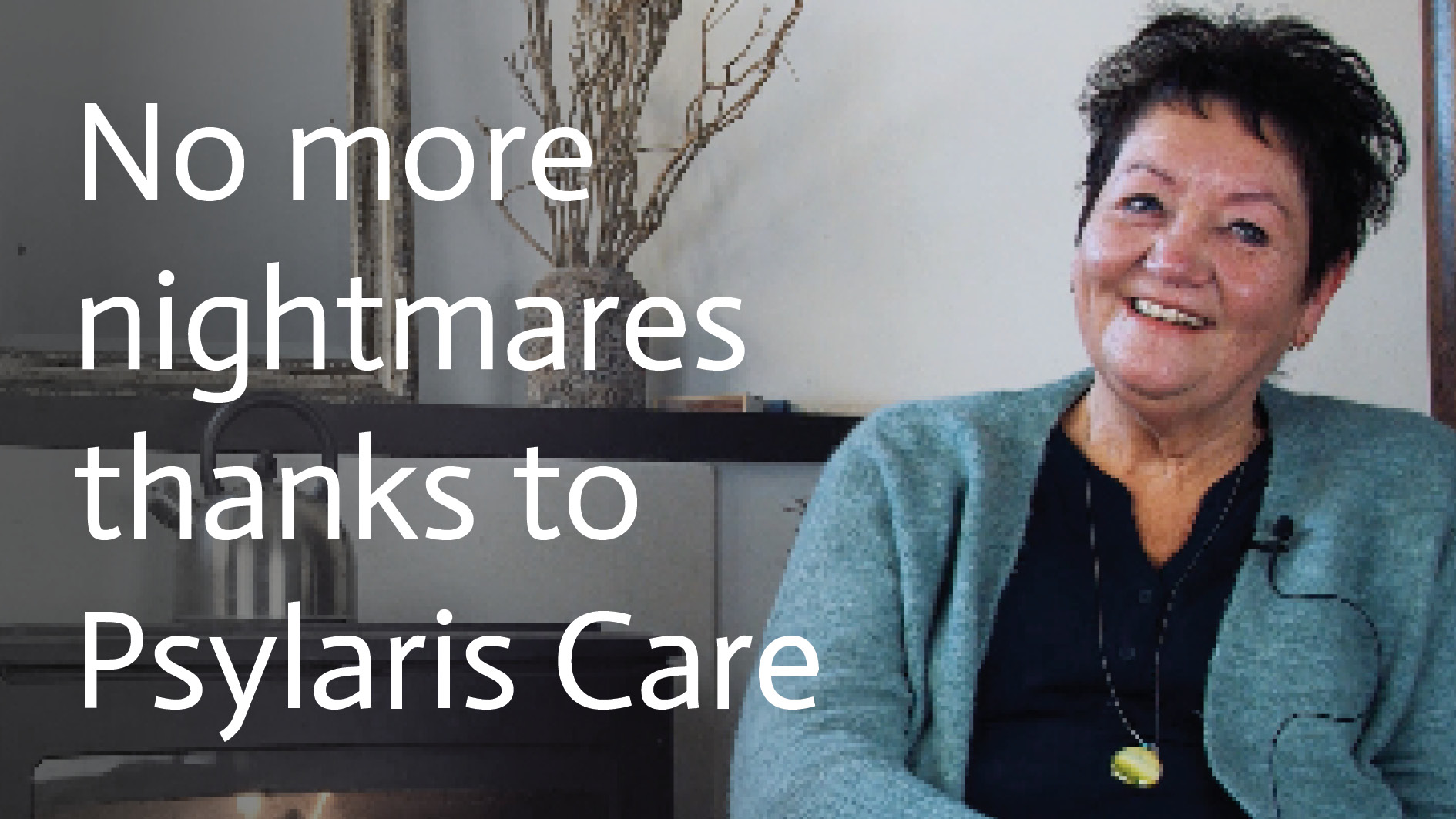
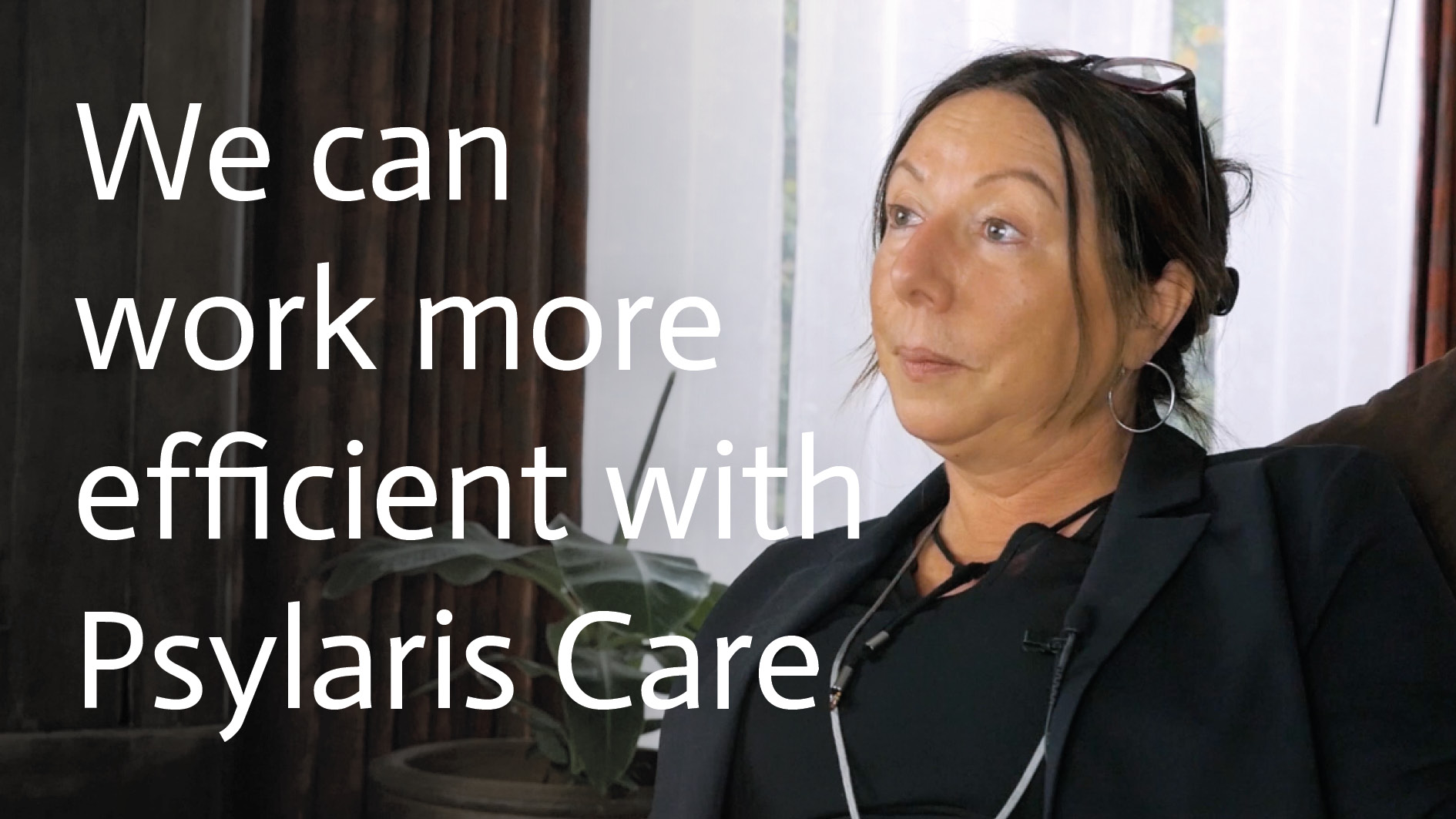
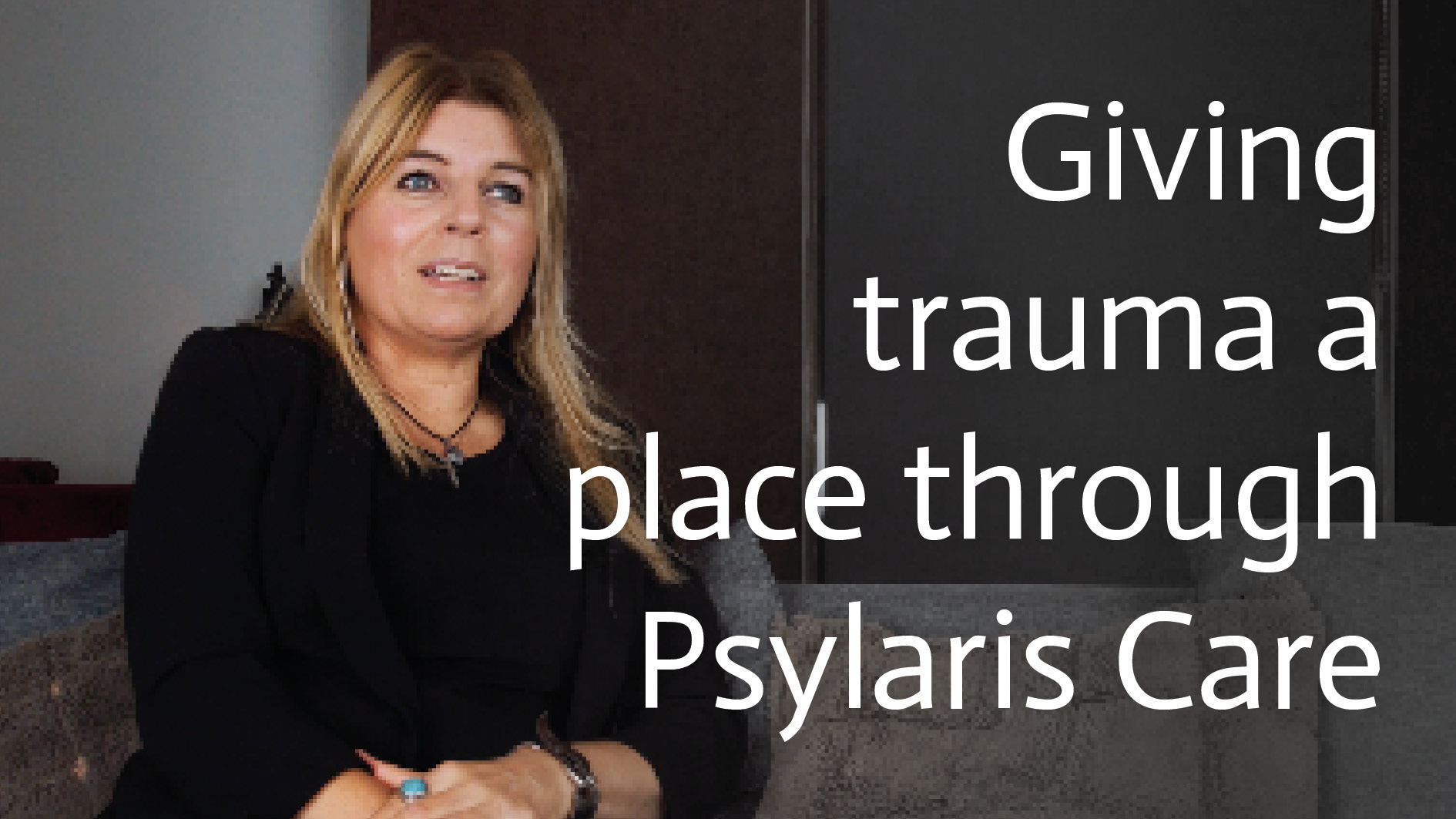
This website uses cookies to ensure that you get the best experience on our website.